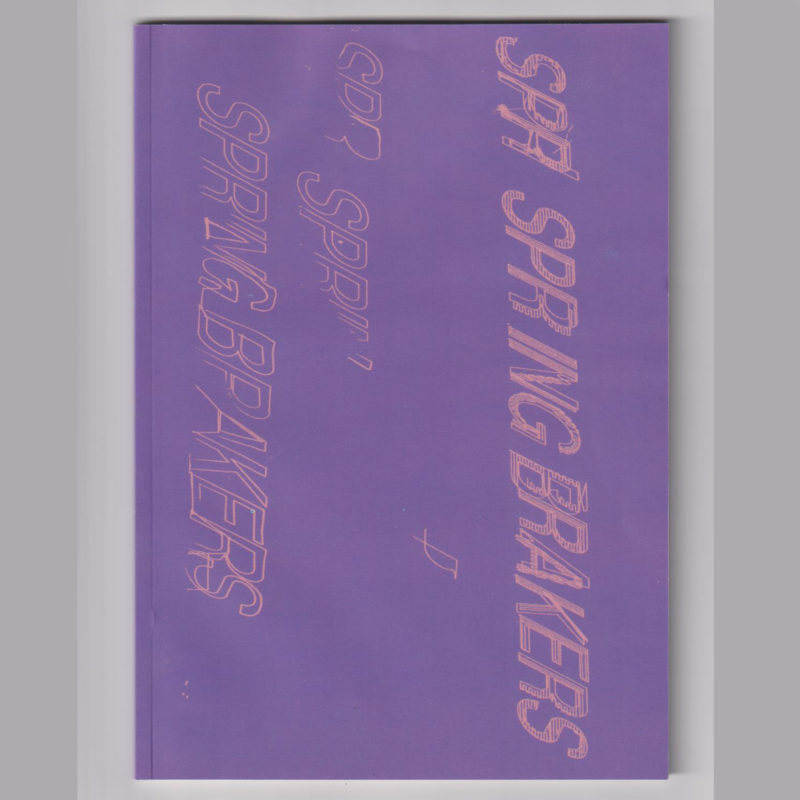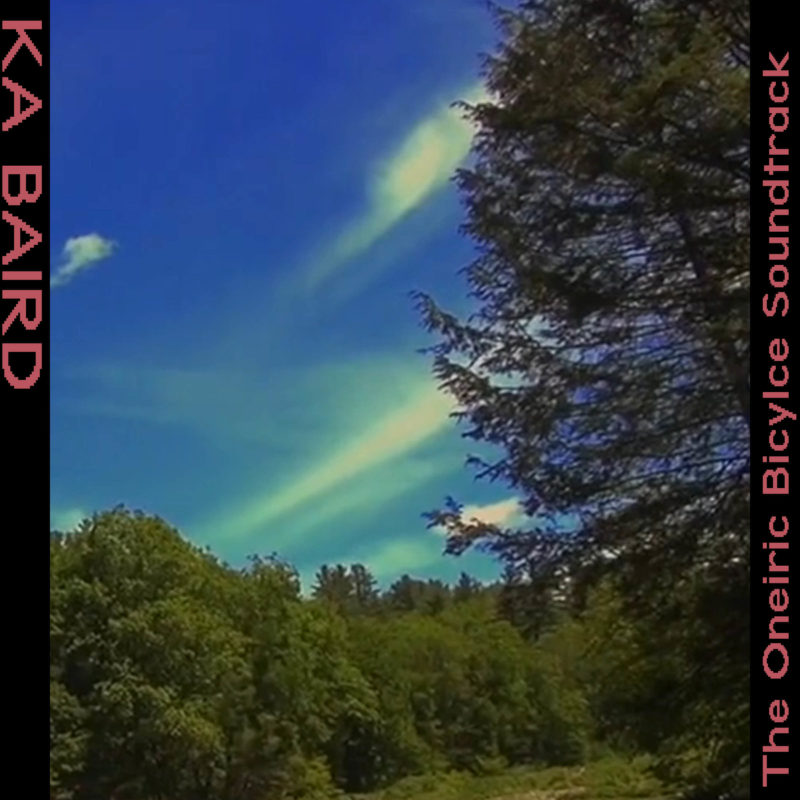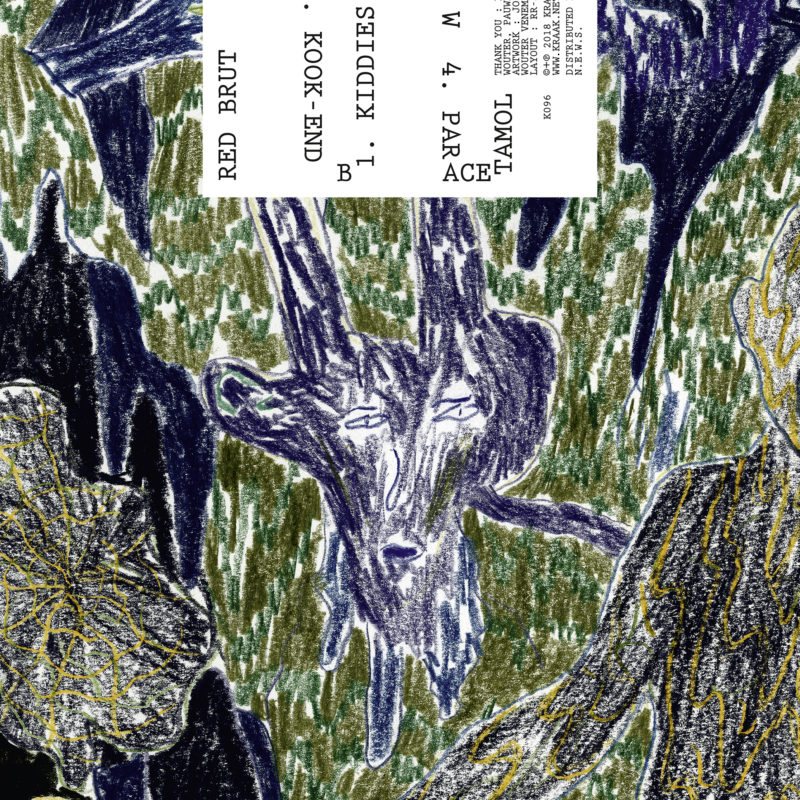Editorial issue n° 11
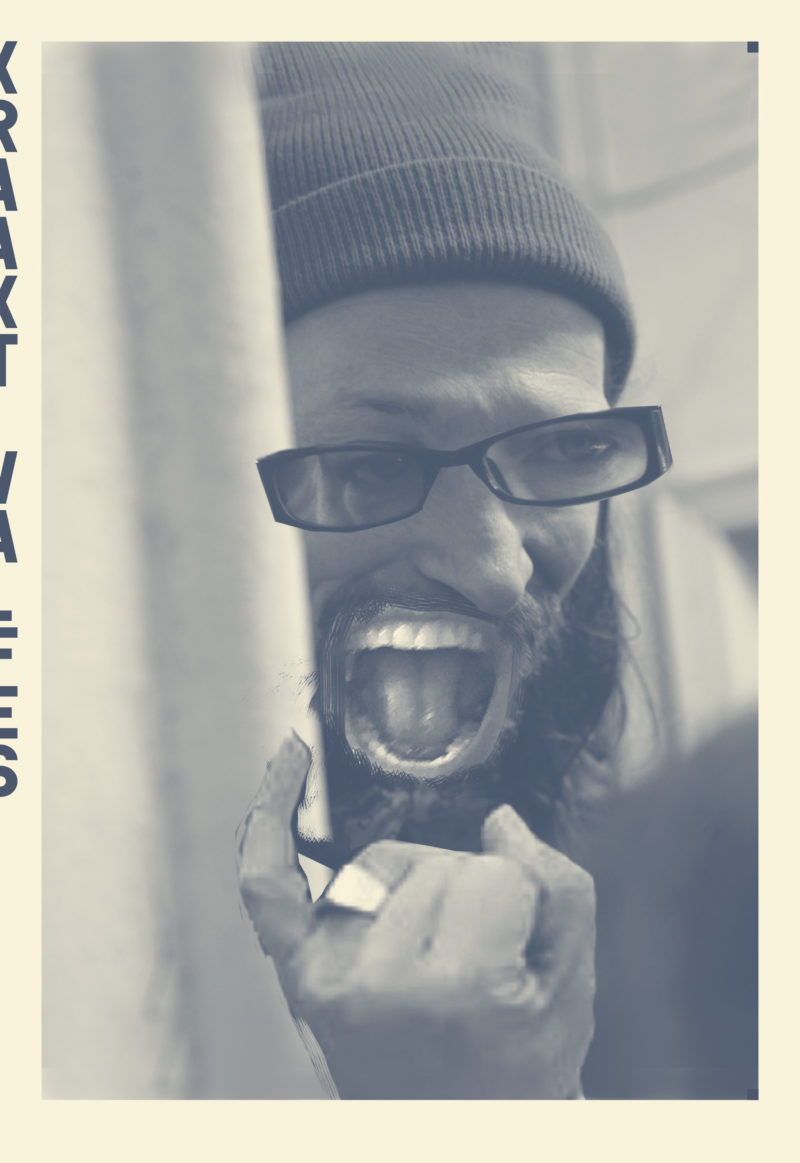
The essay’s topic is Flaming Creatures, a cult movie directed by Jack Smith. A somewhat unique document in movie history, characterised by illogical narrative, eccentric framing and topics. In 7 seemingly unrelated sequences, the filmmaker presents an orgy, drag queens, an earthquake and more general randomness. Most shots are out of focus, the action takes place outside the frame, and the film conveys a general sense of shock and confusion.
The author, an all-time favourite of mine when it comes to profound and intricate thinking on art, is Susan Sontag. In the essay, she proposes a couple of interesting clues that can easily be applied to off-stream music. Even though the essay is 50 years old, it stands out for its razor sharp analysis of avant-garde arts and remains highly relevant even today for its insight in the tactics and merits of the avant-garde.
The article was published in a collection of some of her most important essays, a must-read for every art student; for that matter, some of the ex-students qualify Susan Sontag and her Against Interpretation, as obscure thinking and unreadable. But one can argue that essential to her work is precisely the premise that a lot is to be found in the obscure, in what is suggested between the written and the stated. In the opening essay she pleads for an art criticism and approach that goes beyond interpretation. In short, she proposes to focus on the sensuous aspects of art, as opposed to excessively stressing the importance of the content or meaning of a work of art. Write and think about what a work of art does, instead of trying to explain it — something I attempted in the articles on Paradon’t and Lemones, further in this issue.
One of the most striking statements she made about Flaming Creatures is related to pop art. She argues that the movie (and pop art in general) do not take a position with regard to their subject matter. In her words: “needless to say, I’m not denying that there are certain events about which it is necessary to take a position (…). All I’m saying that there are some elements of life — above all, sexual pleasure — about which is isn’t necessary to have a position”. It might be a contestable call in #metoo times, but I’m tempted to agree, and even to include music in the equation.
It would be worth to investigate the parallels between this cult movie and contemporary off-stream music more deeply (the non-logical, non-romanticized approach, the so-called amateurish techniques and even the absence of technique, or the sensuous esthetic qualities that a cerebral esthetic experience ignores). But I'd rather recommend reading the original article, and let the original words enlighten you.
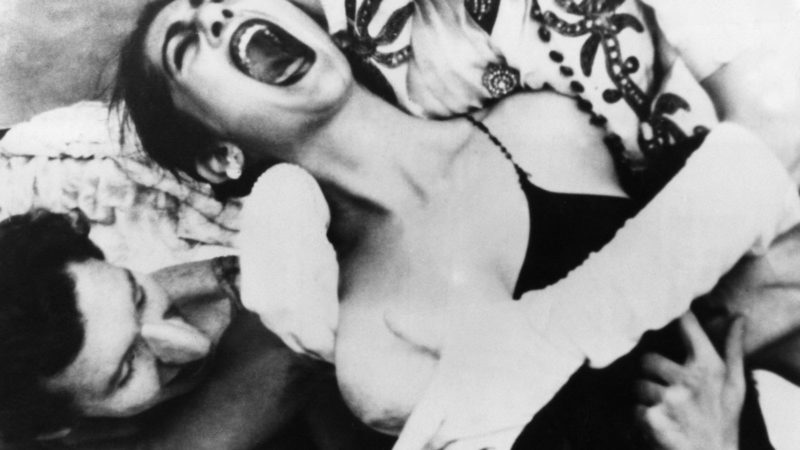
However, I’d like to propose the idea that one of the important aspects of off-stream music is that it doesn’t take in a position either. It doesn’t criticize the social-political context it was born out of; neither does it make a stand against previous evolutions or styles in music; nor does it intrinsically denounce musical categories itself, by claiming how it should or shouldn’t be. Ideally, off-stream music has shaken off the shackles of “being good” or “being bad”, and serves as a free haven, where one does not have to explain or state. It is a context wherein people are left with feelings of wonder and confusion and ultimately are faced with a form of obscure beauty.
In this year's edition of the KRAAK festival, all acts are related to each other, not as to their style or artistic strategies, but because they all create music that acts as an autonomous organism — a free, breathing and vital entity —, and let it live freely and develop, whatever the outcome. Some of them, like Leila Bordreuil, Sandra Boss, Zarabatana and Liz Durette, achieve this through improvisation, where the beauty lies in a free, open and almost spiritual approach towards sound. Other acts, like Lemones, Still House Plants and Osilasi create a thoroughly multi-layered context, merging music and art history, in which they find the freedom to produce raw, direct poetry; others, like Paradon’t and Jung an Tagen propose absolute music in a new form, that plainly refuses any interconnection with emotion, humanity or narratives. In this music, one experiences freedom and imagination in a very direct way. And this in itself is the absolute reason to attend this three day free haven and to submerge yourself in a metaphorical orgy of the sensuous and exciting; all conveyed by the musicians and bands we invited.
